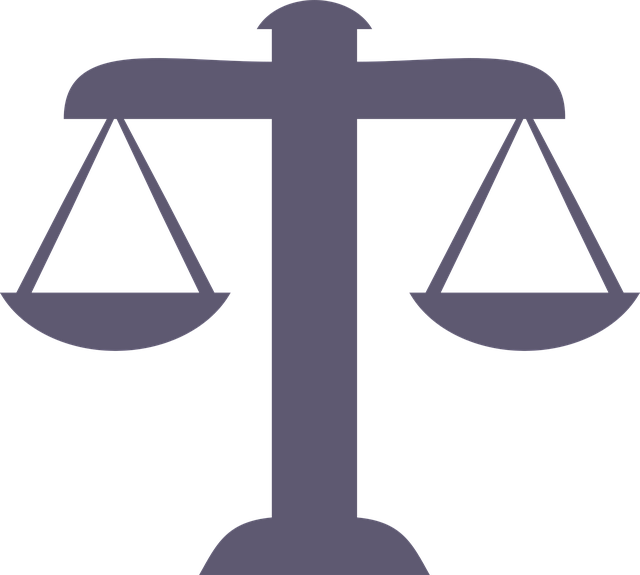Securities scams employ high-pressure tactics and exaggerated claims. Understanding red flags like guaranteed returns and tailored narratives is crucial. Common scams target emotional vulnerabilities or lure with unprecedented success stories. Appeals vs. post-conviction relief (PCR) are key legal differences in securing justice. While appeals challenge trial errors, PCR uses new evidence or procedural mistakes to overturn convictions. Protecting oneself requires staying informed, verifying credentials, and engaging seasoned legal experts specializing in these distinct processes.
In the ever-evolving financial landscape, investors must remain vigilant against cunning securities scams. This article delves into the intricate world of fraud, exposing common schemes that prey on the unsuspecting. We explore critical aspects such as recognizing red flags, understanding legal loopholes, and the distinctions between appeal and post-conviction relief for victims. Additionally, it offers strategic advice to protect yourself from fraudulent activities, empowering investors with knowledge to safeguard their financial well-being.
- Recognizing Red Flags: Common Securities Scams
- Legal Loopholes: Navigating Appeal vs Relief
- Post-Conviction: Rights and Recourse for Investors
- Protecting Yourself: Strategies Against Fraudsters
Recognizing Red Flags: Common Securities Scams

Recognizing red flags is a crucial step in avoiding securities scams. Common schemes often involve high-pressure sales tactics, promises of guaranteed returns, and exaggerated claims about an investment’s potential. Scammers may use sophisticated marketing materials or target specific demographics with tailored narratives to seem legitimate. For his clients, understanding these warning signs can be a game-changer.
Among the prevalent scams are those offering post-conviction relief or appealing old cases, preying on investors’ hopes for a second chance. Unlike differences between appeal and post-conviction relief, which involve distinct legal processes, these scams exploit emotional vulnerabilities. An unprecedented track record of success is another common tactic used to lure unsuspecting individuals into risky investments with promises of substantial gains.
Legal Loopholes: Navigating Appeal vs Relief

The legal system, while robust, isn’t without its complexities, especially when it comes to securities scams. Understanding the nuances between an appeal and post-conviction relief is crucial for navigating the aftermath of such cases. While both avenues offer a chance for review, they serve distinct purposes. An appeal challenges the initial judgment, scrutinizing legal errors or misinterpretations during the trial phase, aiming for a complete dismissal of all charges. On the other hand, post-conviction relief focuses on new evidence or changes in law that weren’t available at the time of trial, which could lead to achieving extraordinary results, such as reduced sentences or even exoneration.
These differences are significant, particularly when philanthropic and political communities are involved. The former seeks justice for victims, while the latter may focus on ensuring fair practices for future financial dealings. Effective navigation of these legal loopholes requires meticulous preparation, adherence to strict procedural rules, and a deep understanding of both the law and the specific case at hand.
Post-Conviction: Rights and Recourse for Investors

After a conviction for securities fraud or other related crimes, investors often face a complex landscape when seeking justice and compensation. Understanding the rights and available recourse is crucial during this challenging time. One key distinction to be aware of is the difference between an appeal and post-conviction relief. While both aim to challenge the initial ruling, they operate in different stages of the investigative and enforcement process.
An appeal typically focuses on errors made during jury trials or procedural issues, aiming to overturn the conviction. In contrast, post-conviction relief (PCR) is a broader mechanism that allows defendants to challenge their convictions based on newly discovered evidence, ineffective assistance of counsel, or other significant factors that didn’t surface during the original trial. PCR can be sought across the country, providing investors with a chance to seek justice even after all previous legal avenues have been exhausted.
Protecting Yourself: Strategies Against Fraudsters

Protecting yourself from securities scams requires a multi-layered approach. First, stay informed. Keep abreast of common scams by following reliable financial news sources and staying alert to unusual investment opportunities that seem too good to be true. Secondly, verify credentials. Always check the background of any investment advisor or broker through regulatory agencies like the Securities and Exchange Commission (SEC).
Moreover, understand the differences between appeal and post-conviction relief in the context of white collar and economic crimes. While appeals focus on correcting legal errors in a conviction, post-conviction relief seeks to vacate or modify a judgment based on new evidence or procedural errors. Achieving extraordinary results in these processes often requires the expertise of seasoned legal professionals who specialize in navigating all stages of the investigative and enforcement process.
In exposing securities scams, understanding the nuances of legal processes is key. While recognizing red flags and protecting yourself are vital, knowing the differences between appeal and post-conviction relief offers investors a strategic advantage. By navigating these complexities, individuals can assert their rights and seek justice, ensuring fraudsters face accountability and safeguarding future investments.






